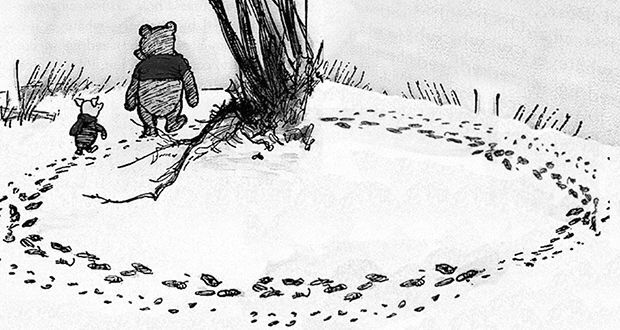Introduction
In the intricate realm of decision-making, our minds are susceptible to various cognitive biases that can lead us astray from rationality. One such bias, known as the Woozle Effect, holds a significant place in our mental landscape. Coined by American psychologist Paul Meehl in 1967, the Woozle Effect refers to the phenomenon where a piece of unverified or uncorroborated information, often mistaken as evidence, gains credibility through repetition and perpetuates false beliefs or conclusions.
Understanding the Relevance of the Woozle Effect
The Woozle Effect is a pervasive cognitive bias with profound implications for decision-making processes. It exploits the inherent vulnerability of our human psychology, particularly our tendency to seek confirmation of preexisting beliefs. By distorting our perception of reality, the Woozle Effect can lead us to make flawed judgments, impede critical thinking, and hinder progress.
Anchored in Human Psychology
The Woozle Effect capitalizes on several psychological principles. Confirmation bias, a prominent contributor, predisposes us to selectively seek, interpret, and recall information that aligns with our existing beliefs. This bias creates an echo chamber of self-reinforcing ideas, amplifying the influence of the Woozle Effect. Availability heuristic, another cognitive shortcut, causes us to assign higher probabilities to information that readily comes to mind, further exacerbating our susceptibility to the Woozle Effect.
Examples of the Woozle Effect in Various Contexts
- Personal Life Decisions: Imagine a person who wishes to improve their overall well-being. They come across an article claiming that a particular diet guarantees remarkable health benefits. Without critically evaluating the source or seeking further evidence, they adopt this diet, neglecting potentially conflicting information. By succumbing to the Woozle Effect, they may unknowingly follow an ineffective or potentially harmful regimen, disregarding other well-established dietary principles.
- Business Scenarios: In the realm of entrepreneurship, an entrepreneur encounters a study stating that a specific marketing strategy has generated substantial returns for several companies. Relying solely on this unverified information, they decide to invest a significant portion of their resources into implementing this strategy. By neglecting to conduct due diligence and falling into the Woozle Effect trap, they may expose their business to unnecessary risks, potentially leading to financial loss.
- Public Policy-Making: Governments often face the challenge of designing effective policies to address societal issues. However, when policymakers embrace unverified claims or incomplete evidence, they can inadvertently perpetuate flawed policies. For example, if a study with dubious methodologies claims that stricter immigration policies lead to reduced crime rates, policymakers might base their decisions on this faulty information. By failing to critically examine the validity of such claims, they succumb to the Woozle Effect, potentially causing harm to both the immigrant population and society at large.
Mental Biases and Psychological Underpinnings
In addition to confirmation bias and availability heuristic, the Woozle Effect is influenced by a range of other cognitive biases. Anchoring bias, where individuals rely heavily on the first piece of information encountered when making judgments, can strengthen the initial impression created by the Woozle Effect. Additionally, the bandwagon effect, where individuals conform to popular opinions or actions, amplifies the spread and acceptance of the Woozle Effect by creating a social validation loop.
Avoiding the Woozle Effect: Strategies for Objective Decision-Making
- Embrace critical thinking: Develop a habit of questioning the source and credibility of information before accepting it as evidence. Actively seek out diverse perspectives and counterarguments to avoid falling into the trap of confirmation bias.
- Conduct independent research: Investigate the veracity of claims before accepting them as truth. Look for corroborating evidence from reputable sources and consider dissenting views to gain a more comprehensive understanding of the topic.
- Cultivate a healthy skepticism: Approach unverified information with caution. Demand robust evidence, scrutinize research methodologies, and be wary of anecdotal evidence, as it is often prone to biases and misinterpretation.
- Consult experts: Seek out knowledgeable individuals or subject matter experts who can provide insights based on empirical evidence. Engaging in informed discussions can help broaden your perspective and challenge any potential biases.
Conclusion
The Woozle Effect serves as a cautionary tale about the dangers of succumbing to cognitive biases in decision-making processes. By understanding its psychological underpinnings and recognizing its prevalence in various domains, we can develop the necessary awareness to avoid falling into its trap. Armed with critical thinking skills, a healthy skepticism, and a commitment to independent research, we can escape the web of the Woozle Effect and make more objective decisions that align with our best interests and the collective well-being.
